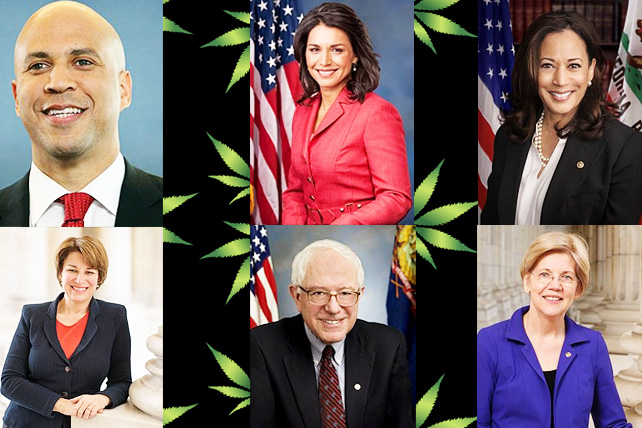This month, Colombia finished eight rounds of intense debating to decide whether cannabis should be legalised through constitutional reform. The measure almost narrowly passed, failing to get enough votes to be approved. Maria Alejandra Vélez, the Director of CESED, the Centre of Studies of Security and Drugs, took us through a post-mortem analysis of the cannabis legalisation debates.
Colombia is a conservative country in many fronts. However, our legislation in quite some dimensions has been progressive thanks to the Constitution of 1991 that includes the right to free development of the personality. Based on that principle, in 1994 the Constitutional Court ratified the decriminalisation of the personal use and self-cultivation of cannabis, although production, distribution and commercialization remain penalized by law.
Colombian laws are also set up in a confusing way. In 2009, President Uribe’s government reformed article 49 of the Colombian constitution covering health rights by including the prohibition of the possession of psychoactive substances. Although this article did not affect the right to consume, according to the Constitutional Court’s interpretation, it has prevented the development of a regulated domestic market for cannabis. You can consume it but not buy it – that is the current status quo.
Several legislative efforts in the past have tried unsuccessfully to amend this incoherence. Last week, Colombians were very close to change this path when an initiative led by Liberal Congressmen Losada almost got the required votes to change article 49. Modifying the Colombian Constitution is not an easy process. It needs to pass eight debates: four in the House of Representatives and four in the Senate in one year. For the first time in history, this legislative effort made it through to the final debate. However, promoters of the reform fell short of the number of votes needed, obtaining 47 out of the 54 required for approval in the last debate. The votes in favour of the reform were greater than those against (a total of 43) but was still not enough to pass.
Is this the end of the mission for regulated cannabis?
Certainly not, and when life gives you lemons, you make lemonade! It was historical that the reform made it all the way to final debate, and even then, got most of the votes. This surely reflects that Colombian society and its political representatives are changing and that the new regulated markets in 21 states in the US have had a spillover effect in Latin America. The threat of the war against cannabis funded by the American government is no longer credible, and the possibility of a newly regulated market is closer than ever.
Promoters of cannabis reform have now identified the fears of those against changes and can begin to respond to them in better ways. New attempts for reforms need to be coordinated with detailed proposals of how the market could work, what public health and pedagogical measures would be implemented to prevent problematic consumption, address youth consumption, as well as define marketing controls.
All these valid concerns were repeatedly raised in the debates. Other concerns were around the structure of licensing systems to prevent corporate capture, that should instead benefit historical and vulnerable producers. The scope of tax systems and how they should be built was another point raised.
While this specific reform effort was to eliminate the constitutional “possession prohibition”, the Constitution is not the place to develop all the details of a regulatory framework for cannabis. However, the public and different stakeholders need answers to these question in order to approve the reform and support any changes.
Although the initiative didn´t pass, the forces for reform are now stronger than ever. The next legislative period will hopefully bring a new opportunity to develop and execute a better strategy for change. The evidence of the failed history of the war against cannabis is mounting on the side of the reform. Reducing the size of the illegal market and its related violence is something desperately needed in Colombia, with 60 years of ongoing conflict already marking this country. There are more benefits than possible risks to the establishment of a regulated market. This episode just gives us more time to get all the details, arguments and resources in place to purse a better pedagogical campaign.
Cannabis in Colombia will be regulated. It is just a matter of time.


